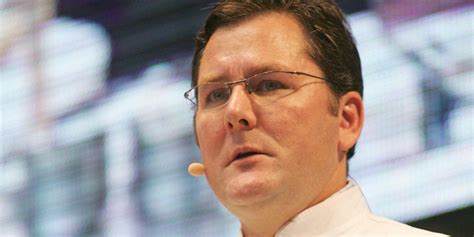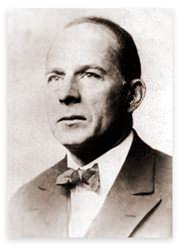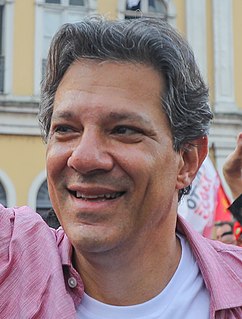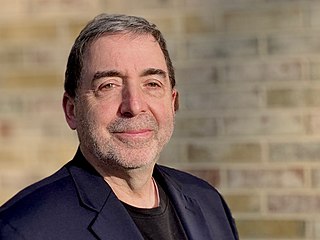A Quote by Mark Skousen
In my book, 'The Big Three in Economics,' I found that the press has frequently and prematurely written the obituary of Adam Smith and his free-market philosophy, only to see a new and more vibrant global marketplace reemerge after being savagely attacked by Keynesians, Marxists, and assorted socialists.
Related Quotes
If you go back to Adam Smith, you find the idea that markets and market forces operate as an invisible hand. This is the traditional laissez-faire market idea. But today, when economics is increasingly defined as the science of incentive, it becomes clear that the use of incentives involves quite active intervention, either by an economist or a policy maker, in using financial inducements to motivate behavior. In fact, so much though that we now almost take for granted that incentives are central to the subject of economics.
Never was it [Capitalism] imposed on life as a system, or at all. It grew out of life, not all at once but gradually, and is therefore one of the great natural designs. When it was found and identified by such men as Adam Smith, who wrote its bible, and Karl Marx, who wrote its obituary too soon, it was already working.
One day, I found this book at a used bookstore with 'Satanic Bible' written on the cover, and I thought maybe I should read it and see what it is. I thought it was like a religion, but then I read the book, and what was in it was pure life philosophy - and it was a life philosophy that described how I felt at that point.
For centuries, economic thinkers, from Adam Smith to John Maynard Keynes, have tried to identify the elusive formula that makes some countries more prosperous and successful than others. My curiosity about this topic spurred me, as a young professor of economics in the late 1970s, to research new ways of measuring national competitiveness.
Smith, as we have said, was not the proponent of any one class. He was a slave to his system. His whole economic philosophy stemmed from his unquestioning faith in the ability of the market to guide the system to its point of highest return. The market — that wonderful social machine — would take care of society's needs if it was left alone. "Consumption is the sole end and purpose of all production," he wrote.




































